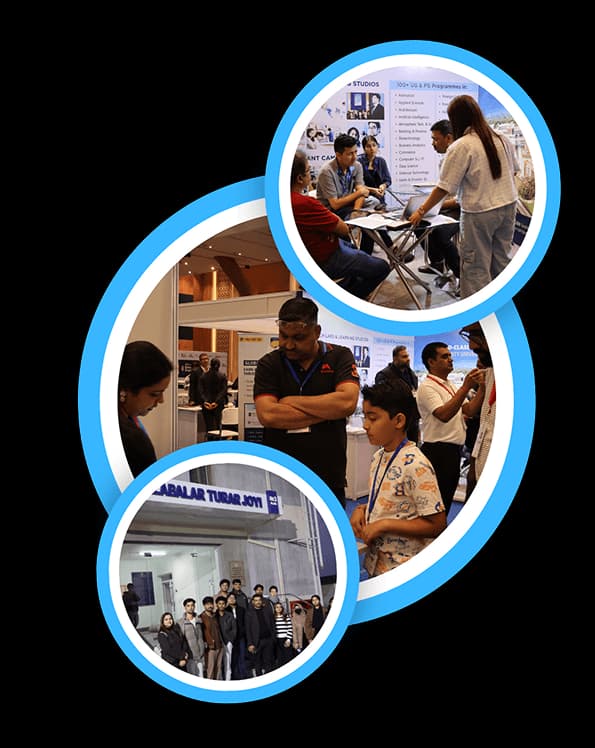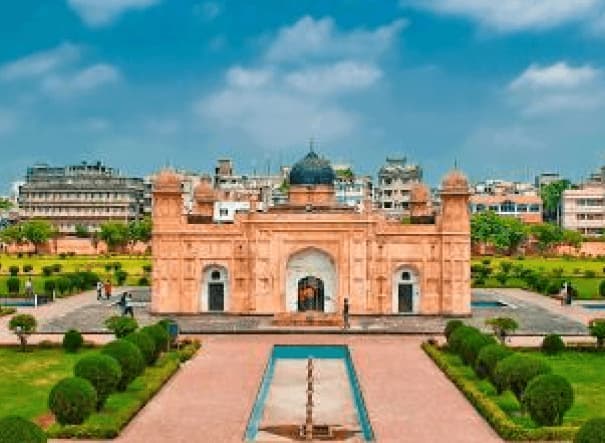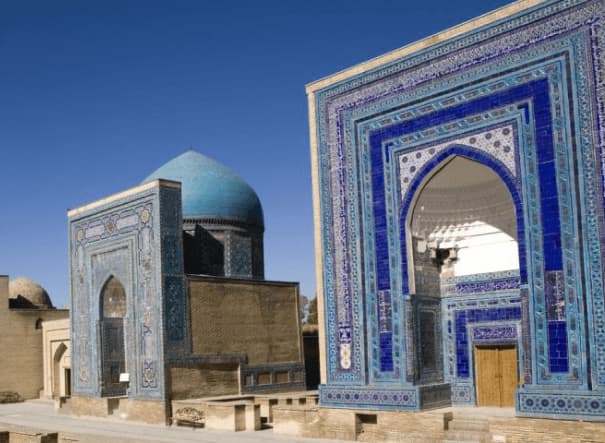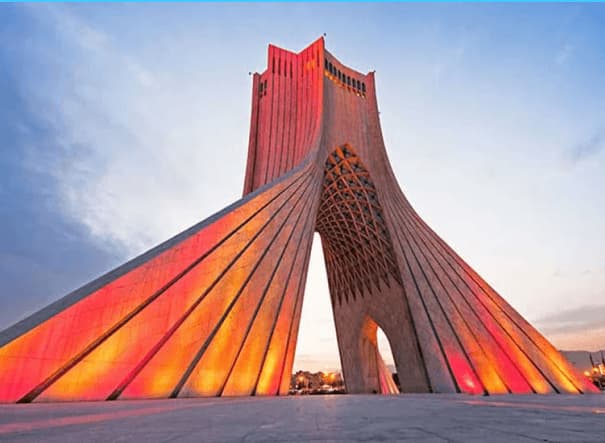All About MBBS/MD in New York Medical College
Discover why New York Medical College is a top choice for aspiring medical students. Learn about its programs, campus facilities, and the opportunities it offers to shape a successful medical career.
Important Clarification
New York Medical College does NOT offer MBBS.
Like all U.S. medical schools, it offers the Doctor of Medicine (MD) degree, which is MBBS-equivalent and globally recognized.
1. Affiliation and Recognition of New York Medical College
New York Medical College (NYMC) is a private health sciences university located in Valhalla, New York, USA. Medical education is provided through the School of Medicine.
Accredited by the Liaison Committee on Medical Education (LCME)
Recognized by the U.S. Department of Education
Listed in the World Directory of Medical Schools (WDOMS)
Recognized by the World Health Organization (WHO)
Eligible for ECFMG certification (USMLE pathway)
Recognized for NMC (India) eligibility after FMGE/NExT requirements
2. Why Study Medicine at New York Medical College?
One of the oldest private medical schools in the United States
Strong clinical training through affiliations with major New York hospitals
Diverse patient population ensuring broad clinical exposure
Curriculum focused on patient-centered and community-based medicine
Excellent preparation for USMLE Step 1 and Step 2
Strong residency match outcomes across the USA
3. Advantages of MD at New York Medical College
Globally recognized MD degree
Extensive clinical exposure in urban teaching hospitals
Access to top healthcare systems in New York
Strong alumni network and residency placement record
Research opportunities in biomedical and clinical sciences
Multicultural and inclusive learning environment
4. Duration of MD at New York Medical College
Total duration: 4 years
Years 1–2: Pre-clinical sciences with early clinical skills
Years 3–4: Core and elective clinical clerkships
After graduation, students must complete residency training (3–7 years) depending on specialty.
5. Faculties of New York Medical College (Medicine)
Anatomy
Physiology
Biochemistry
Pathology
Microbiology & Immunology
Pharmacology
Internal Medicine
Surgery
Pediatrics
Obstetrics & Gynecology
Psychiatry
Emergency Medicine
Family & Community Medicine
6. New York Medical College Ranking
| Category | Details |
| Medical School Type | Private Medical School |
| National Standing (USA) | Well-established and respected |
| Global Recognition | Listed in WHO and WDOMS |
| USMLE Eligibility | Fully eligible (ECFMG) |
| Reputation | Strong clinical and community focus |
MD Syllabus at New York Medical College
| Year | Core Subjects / Rotations |
| Year 1 | Anatomy, Physiology, Biochemistry, Clinical Skills |
| Year 2 | Pathology, Pharmacology, Microbiology, Behavioral Sciences |
| Year 3 | Internal Medicine, Surgery, Pediatrics, Obstetrics & Gynecology |
| Year 4 | Psychiatry, Emergency Medicine, Family Medicine, Electives |
Hostel and Accommodation at New York Medical College
On-campus student residences
Off-campus apartments near Valhalla and NYC suburbs
Fully furnished shared or private housing
Easy access to hospitals and public transport
Estimated Monthly Living Cost: USD 1,800 – 2,500
Scholarships
Merit-based scholarships
Need-based financial aid
Research assistantships
Limited tuition assistance for international students
Final Summary
Degree Awarded: Doctor of Medicine (MD)
Duration: 4 years plus residency
Recognition: WHO, WDOMS, ECFMG, NMC eligible
Country: United States of America
Best For: Students aiming to practice medicine in the USA or globally















